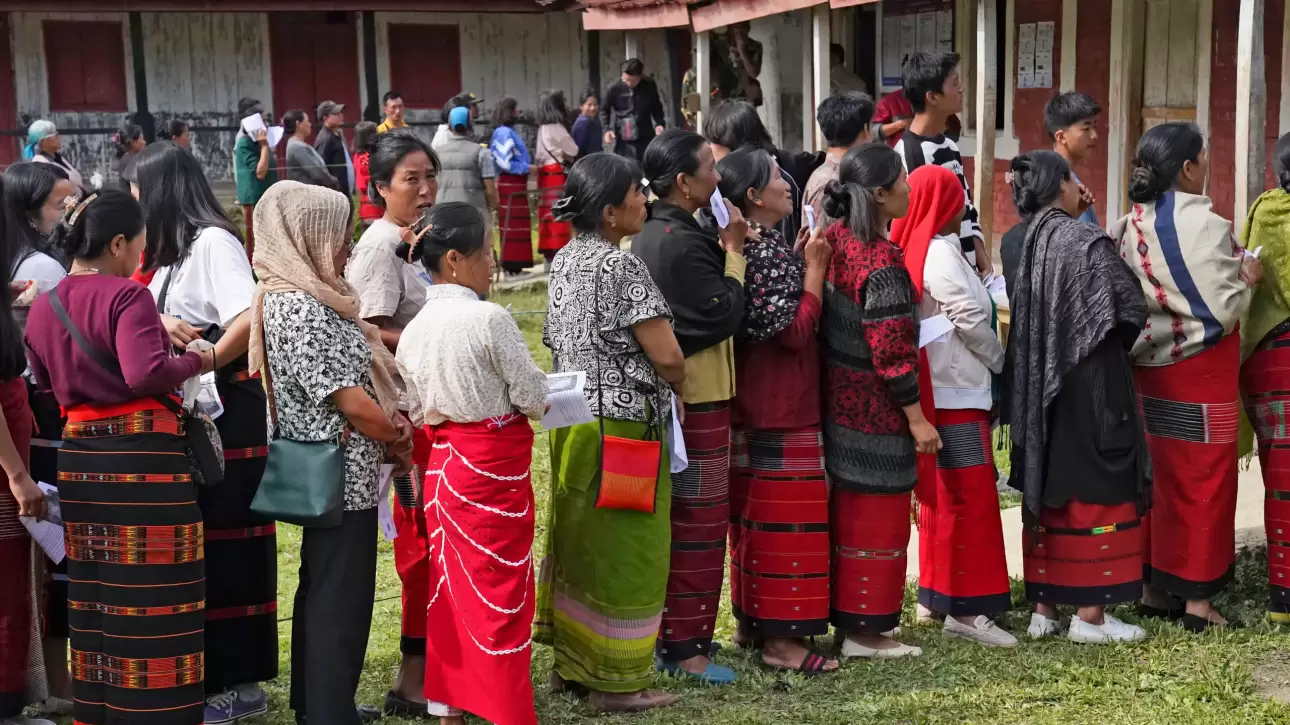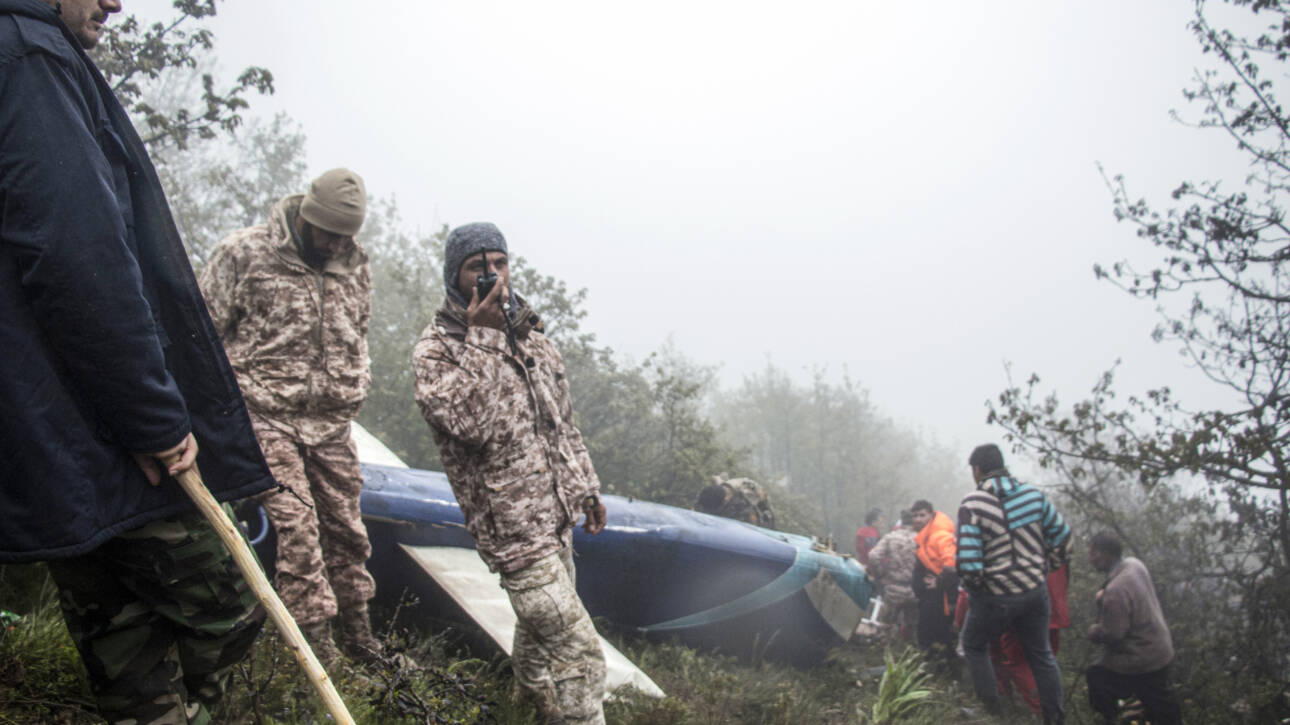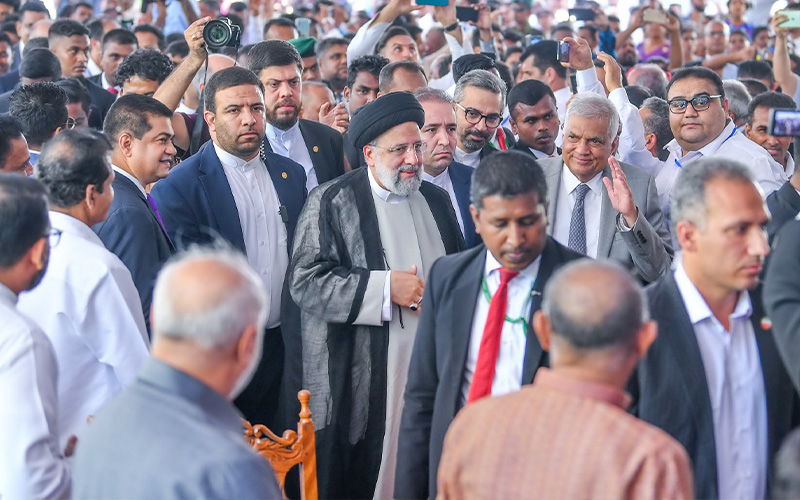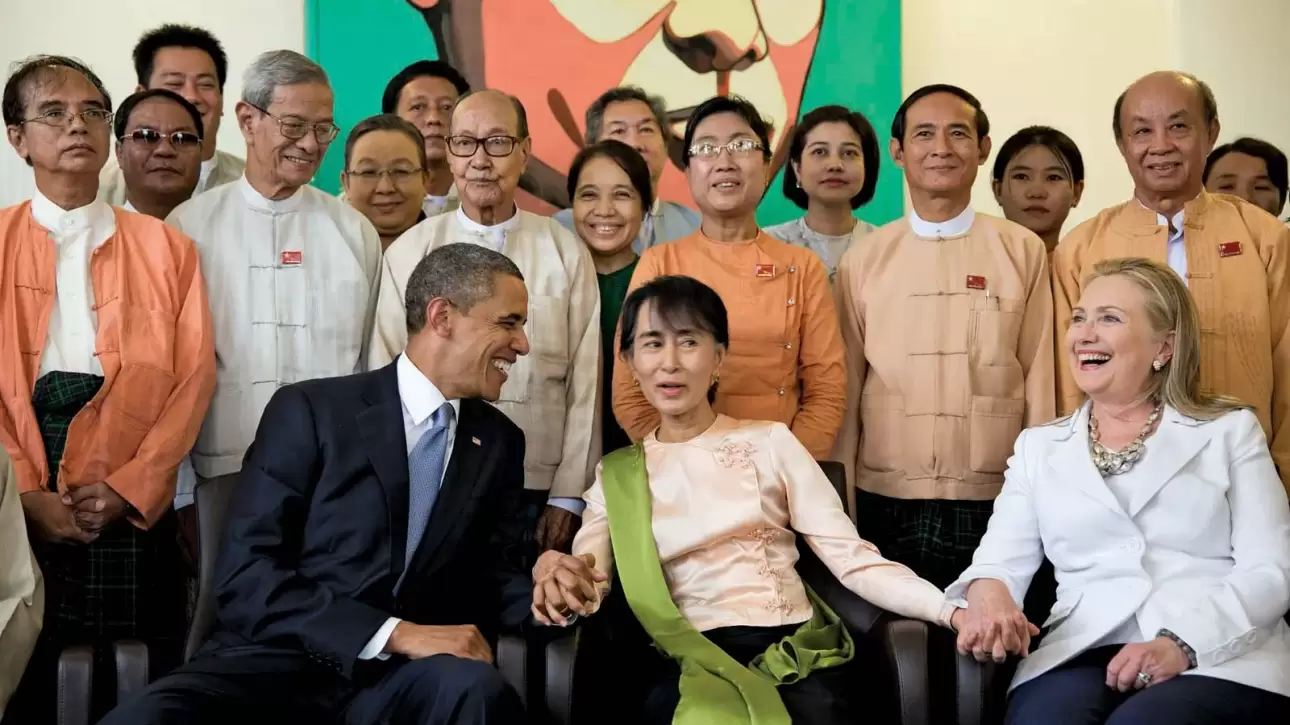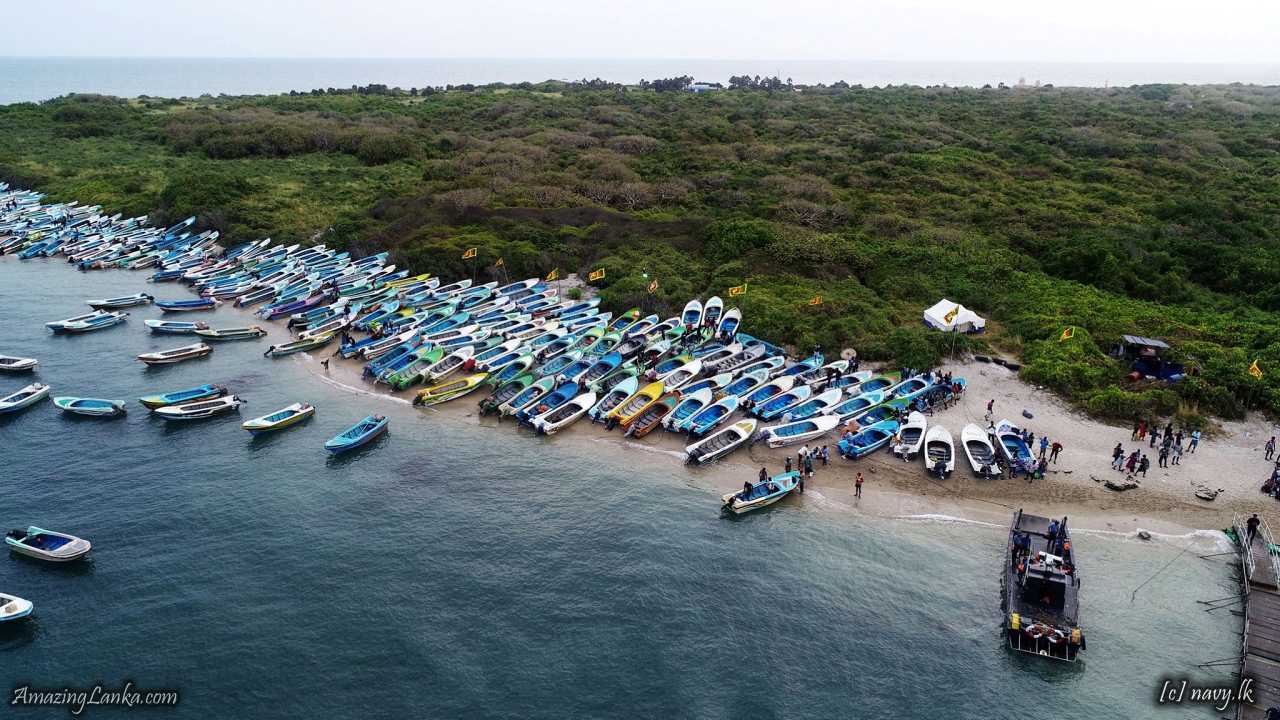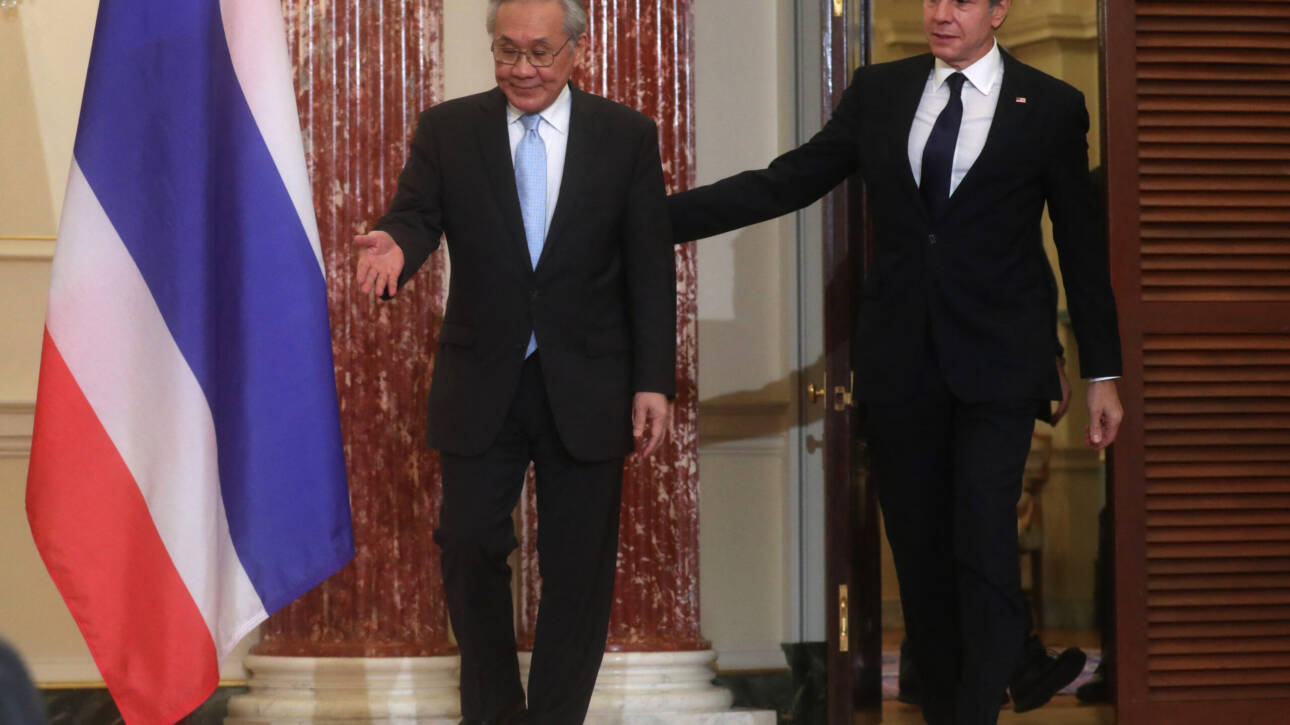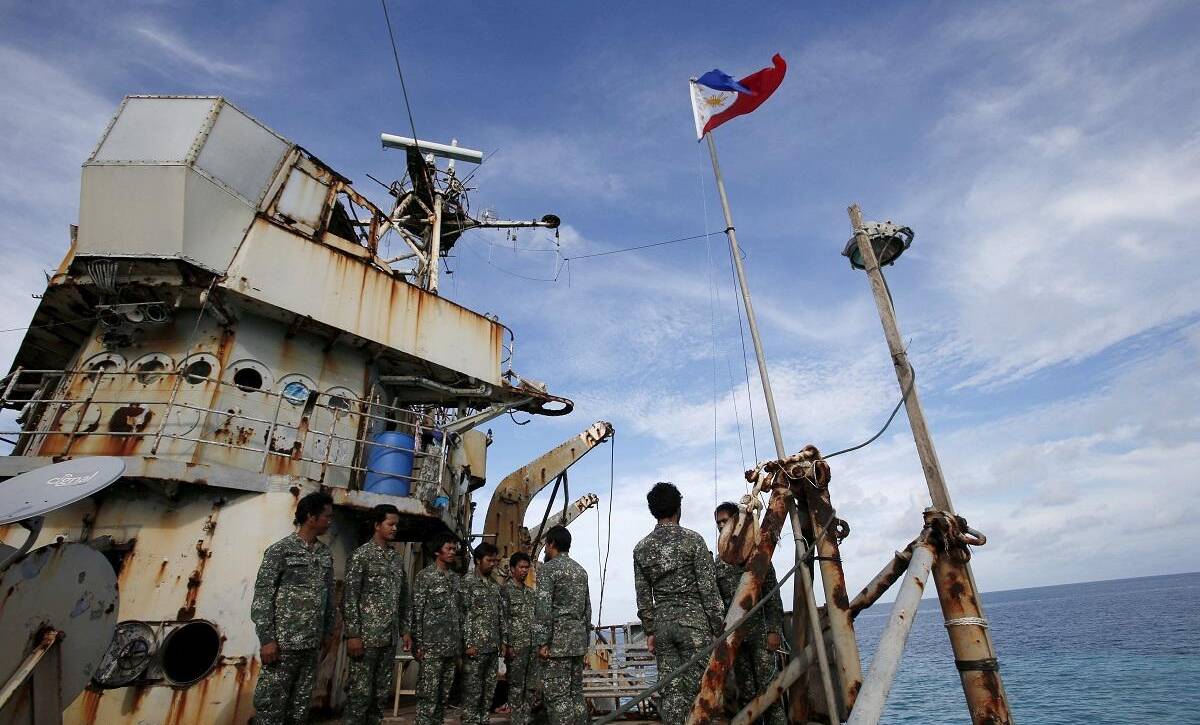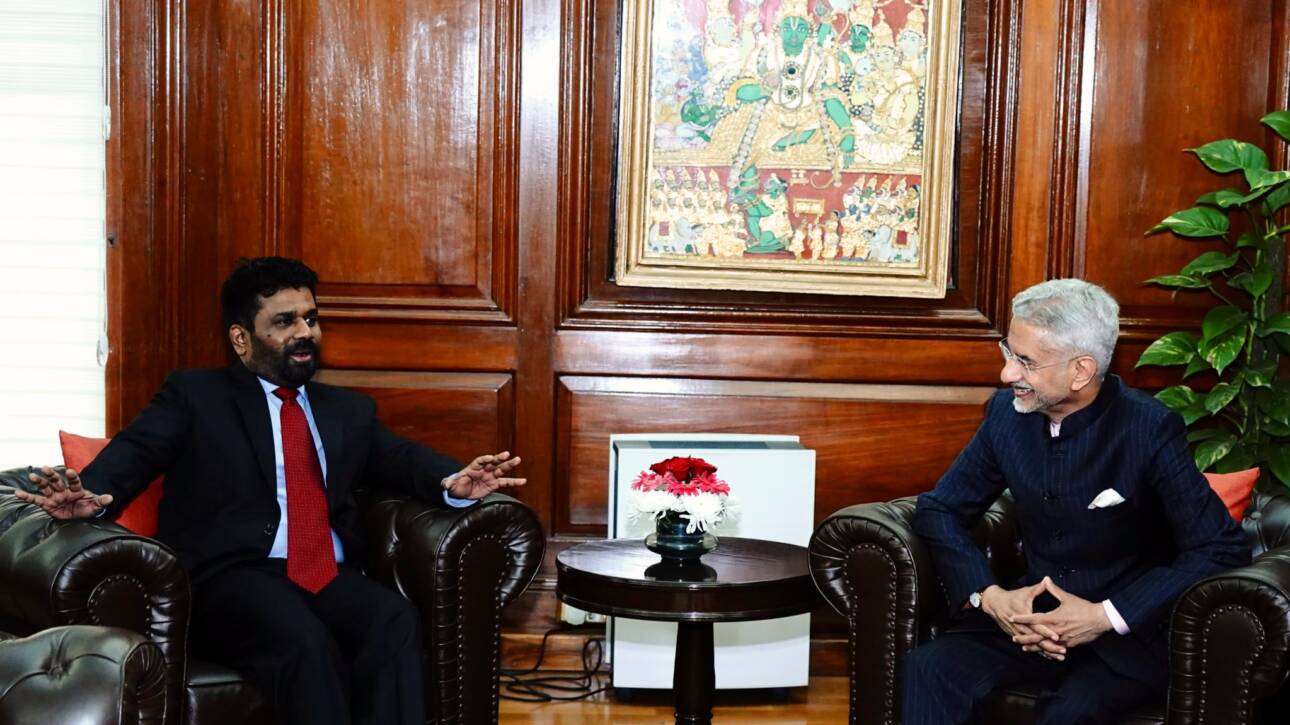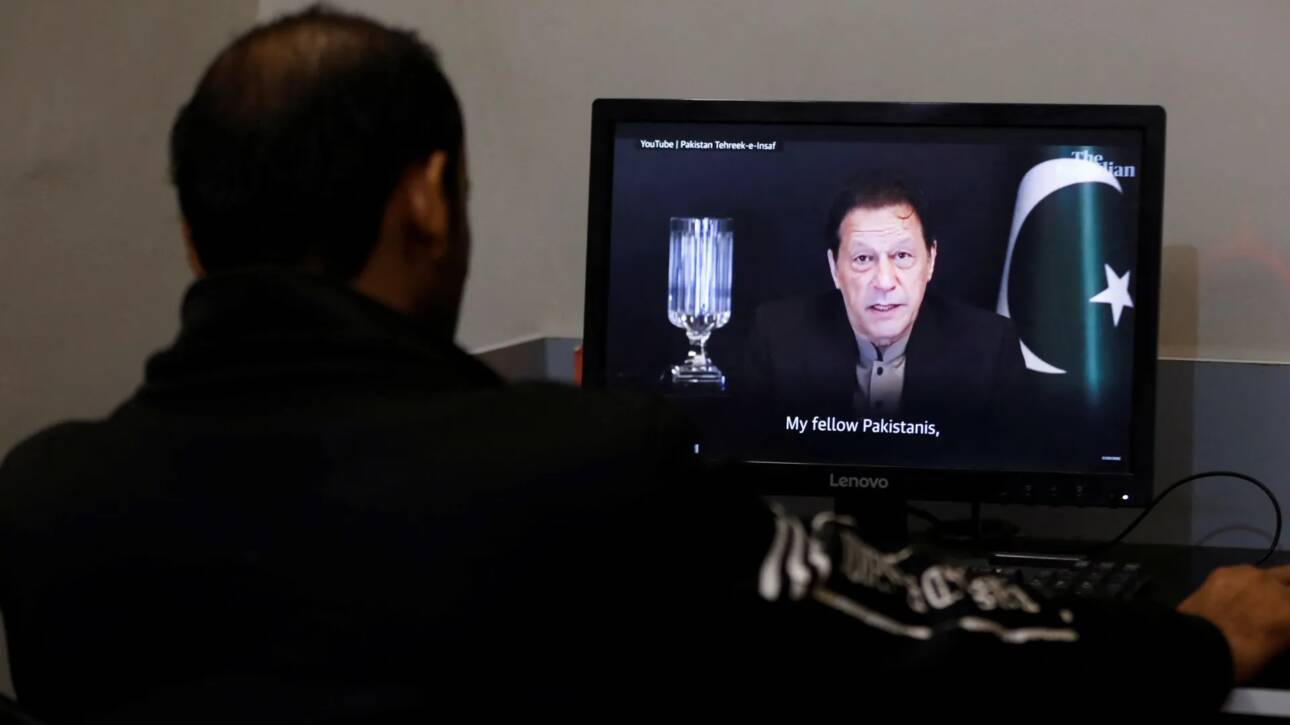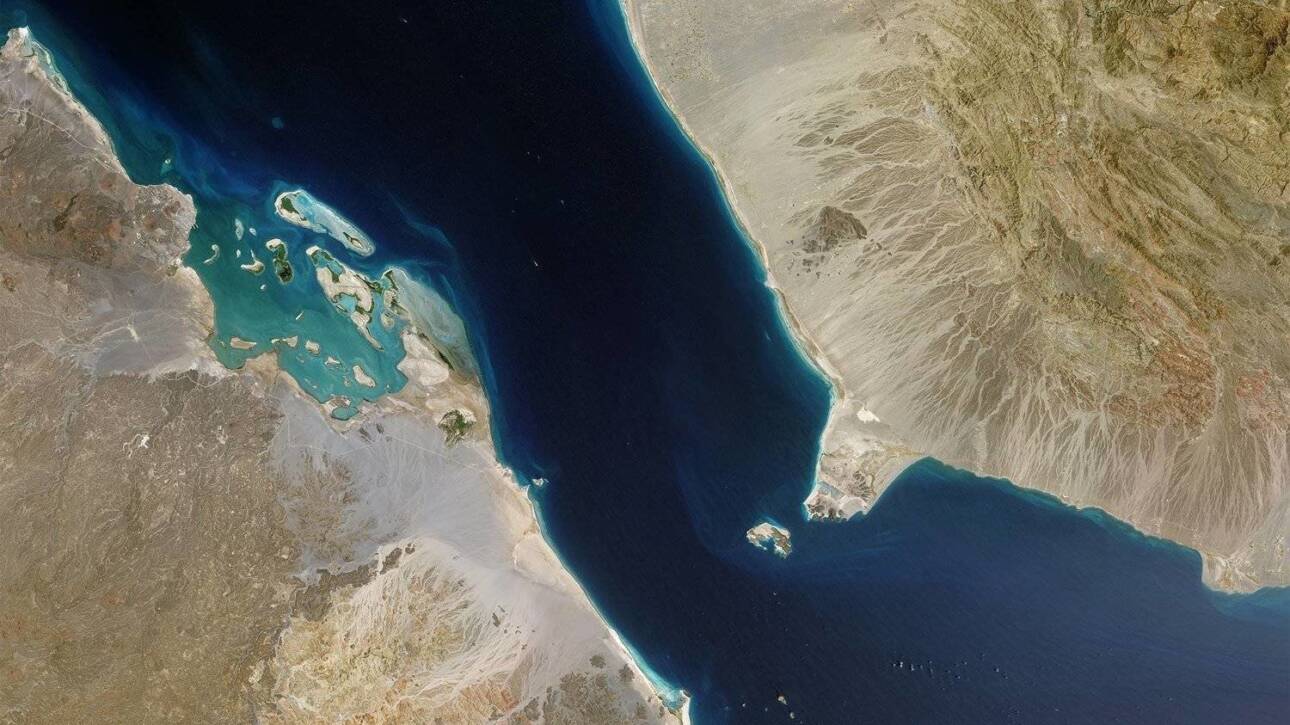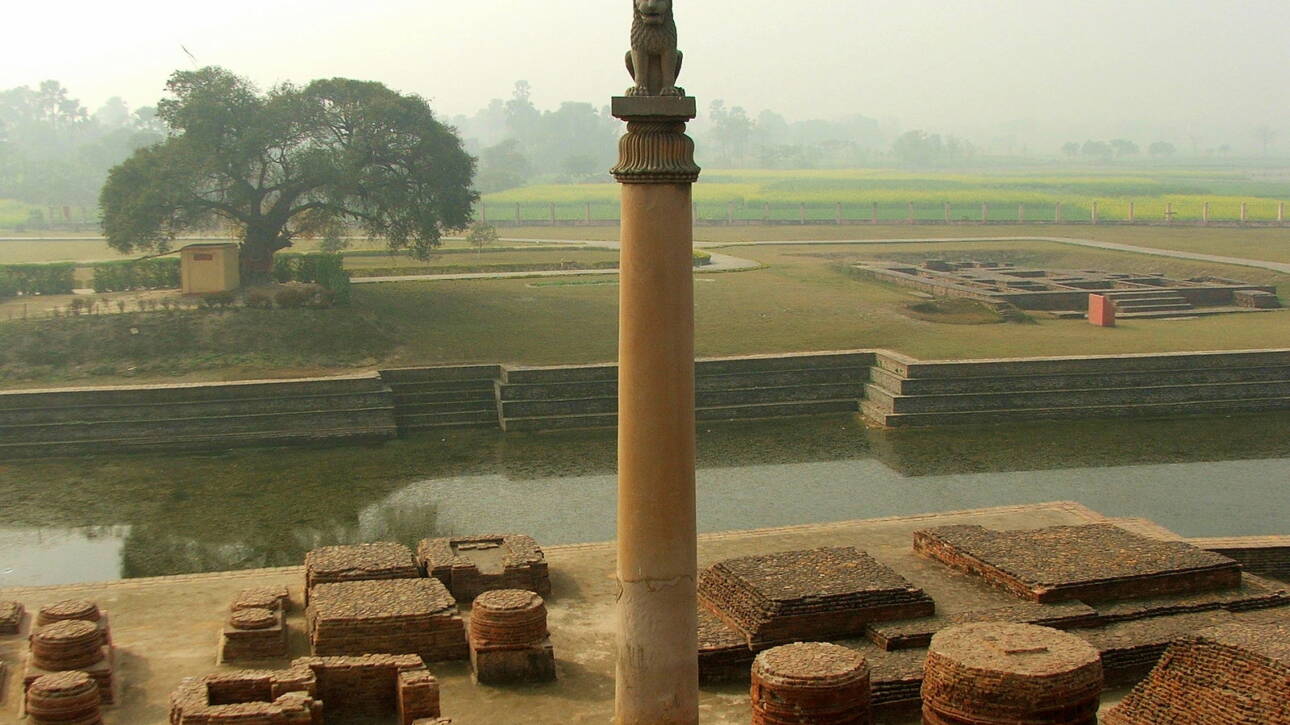By Aavin Abeydeera
On June 1, the world’s largest democratic exercise came to a close. India’s general elections ran for seven weeks through six weeks from the April 19 to June 1, with the Bharatiya Janata Party (BJP)-led NDA coalition once more coming on top.
However, this time around, Prime Minister Modi’s government will not…
